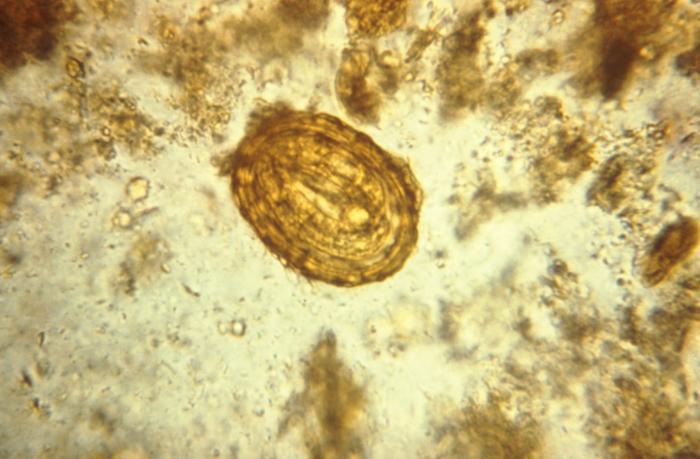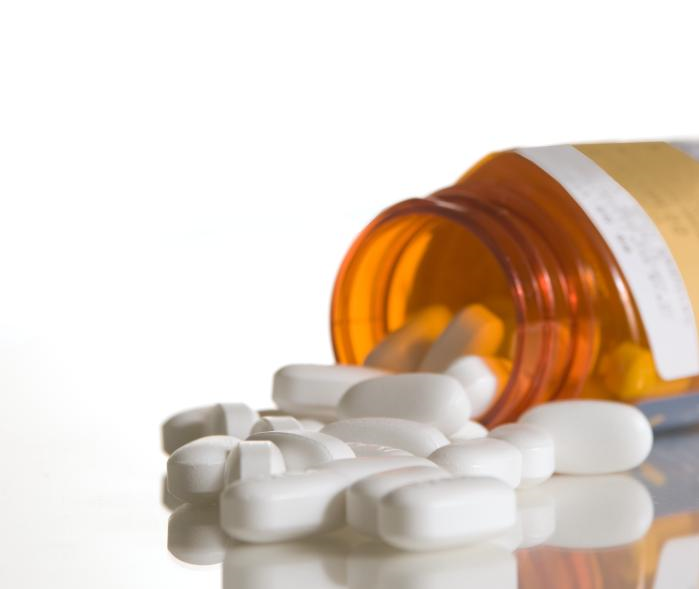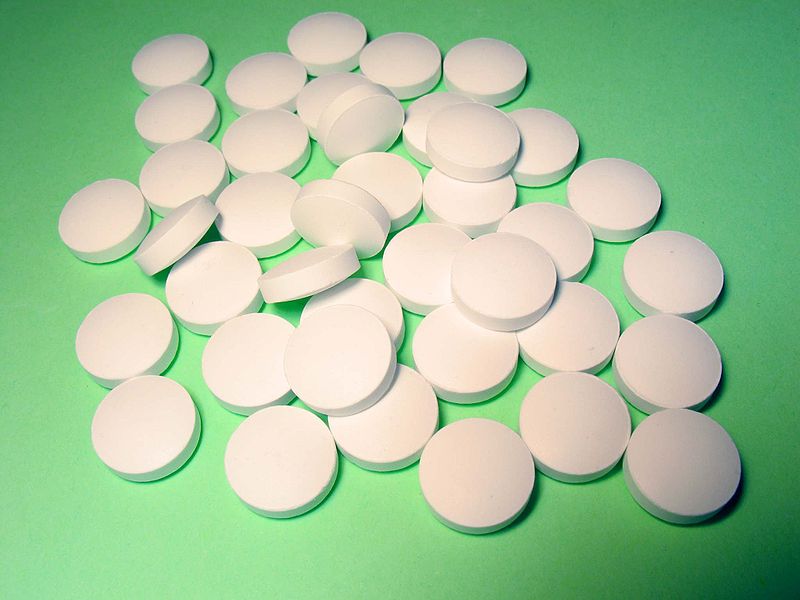Drugs acting on renin angiotensin system are:
- ACE inhibitors
- Angiotensin receptor blockers
Angiotensin Converting Enzyme (ACE) Inhibitors
Enalapril is a prodrug, which is converted into enalaprilat in liver (active metabolite). Its duration of action is prolonged because of the active metabolite (24 hours). It is given in a dose of 5 mg which can be increased up to 40 mg.
Lisinopril is a lysine derivative of enalaprilat, but does not contain the sulphydral group. It has longer half life of about 12 hours. It is given in a dose of 5 mg, which can be increased up to 10 mg.
Mechanism of Action of ACE Inhibitors
- Renin is released from juxtaglomerular apparatus.
- Renin acts upon Angiotensinogen, to split off the inactive decapeptide Angiotensin I.
- Angiotensin I is then converted primarily by endothelial angiotensin converting enzyme (ACE) to Octapeptide, angiotensin II.
- Angiotensin II is the most powerful vasoconstrictor.
- It also stimulates the synthesis and secretion of aldosterone which retains sodium & water.
- ACE inhibitors inhibit the converting enzyme peptidyl dipeptidase & prevents formation of Angiotensin II. The same enzyme (under the name of plasma kinase) inactivates bradykinin, so it accumulates.
- Hypotensive activity results from:
- inhibitory action on Renin angiotensin system
- stimulatory action on Kallikrein kinin system
Uses
- Hypertension
- Reverse ventricular hypertrophy
- Decrease preload, afterload and sympathetic activity
- Affect remodelling of heart
- Congestive cardiac failure, improve survival of patient, providing symptomatic relief and having cardio protective effect
- Myocardial infarction, increase survival rate
- Diabetic neuropathy, decrease micro and macro vascular complications, decrease chances of end stage renal diseases and do not allow retinopathies to progress, increase creatinine clearance and decrease the requirement of dialysis, improving the life expectancy of patients
- Combination of ACE inhibitors & Angiotensin receptor blockers offer a better control of renin angiotensin aldosterone system, thus cardio protective and renoprotective effects of both these classes of drugs are combined.
Adverse Effects of ACE inhibitors (Captopril)
- GIT –abdominal discomfort, alteration of taste, apthous ulcers of mouth, angular stomatitis on prolonged use.
- Renal –on prolonged use, patients of renal insufficiency have increased serum urea, creatinine levels and produce proteinurea. In patients with renal artery stenosis, can aggravate acute renal failure.
- Allergic manifestations –skin rash, fever, urticaria
- CVS –in sodium depleted patients cause excessive hypotension
- CNS –headache, dizziness
- Cough –in 30% of patients due to increase in bradykinin
- Hyperkalemia
- Neutropenia
- Teratogenic Effects –in 1st trimester damage to kidneys of fetus, can produce anuria and renal failure
- Liver –liver injury
Angiotensin Receptor Blockers
Losartan is converted into active metabolite, which is 10-40 times more potent than losartan. It has a half life of about 2 hours, while active metabolite has a half life of 9 hours. 4% is excreted as such in urine, while the rest is metabolized in liver. It does not cross blood brain barrier, thus devoid of effects on CNS.
Mechanism of Action
Angiotensin II is formed under the effect of two enzymes:
a. Angiotensin converting enzyme
b. Kinase
When ACE inhibitors are given, angiotensin II is still formed under the effects of kinase. It acts on two types of receptors:
- Angiotensin I receptor (AT-1)
- Angiotensin II receptor ( AT-2)
When angiotensin I receptors are stimulated, they produce effects similar to angiotensin II.
When angiotensin II receptors are stimulated, they produce effects that of opposite to angiotensin II (hypotensive activity, beneficial in treatment of hypertension).
Basically they competitive block AT-1 receptors, thus have effects of angiotensin II through angiotensin II receptors.
Uses
Uses are same as ACE inhibitors except that efficiency and safety of angiotensin receptor blockers has not been established in so many chemical studies.
Adverse Effects:
Like ACE inhibitors except dry cough, angioedema and rash are much less.
Dose
50 mg which may be increased up to 200 mg.
 howMed Know Yourself
howMed Know Yourself




